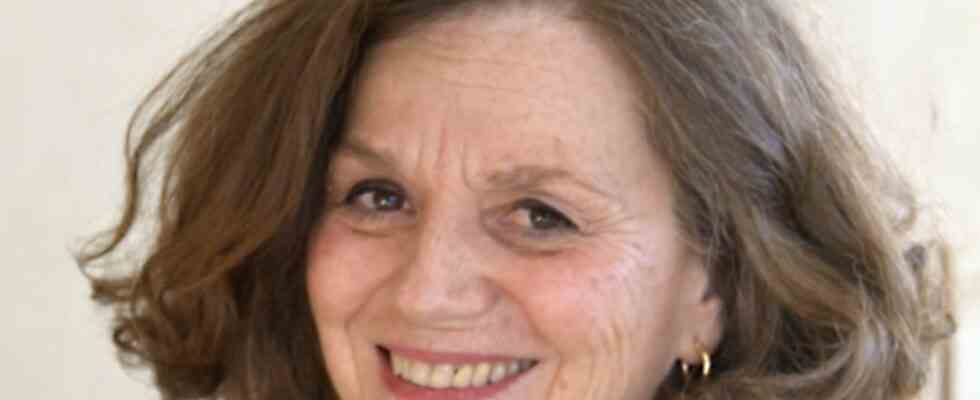Perhaps Zaharenia Karakatsouli-Block will watch a film in her mother tongue with her husband on Tuesday. Born in Greece, she believes that one should honor a mother tongue by speaking to one another, reading literature and watching films in the original language, with subtitles if necessary. Zaharenia Karakatsouli-Block – note the h in her first name pronounced as a hard “ch” – was born in the port city of Kavala in the northeastern Aegean in Greece and came to Germany in 1981 to study architecture in Stuttgart. Today she is responsible for building construction projects in the Brunnthal town hall and managed the much-discussed redesign of the town centre. She kept her birth name when she married because it reminded her of her father, who died at the age of 36, and “it’s also part of my identity,” as the 63-year-old says in accent-free German.
She cherishes the “International Mother Language Day”, which was proclaimed by Unesco in 2000 to commemorate the importance of language as an expression of cultural identity and has since been celebrated on February 21st. This year, World Day highlights the importance of multilingual education for sustainable development. “Language is the key to integration,” says Karakatsouli-Block. It is not just a necessity to learn the national language, rather it opens doors, like a key. “Nevertheless, a mother tongue should continue to be cultivated and not neglected. Children who grow up here and have the opportunity to learn their mother tongue properly can get involved in both countries,” says the mother of a 27-year-old son, who of course speaks German and English speaks greek.
Karakatsouli-Block associates the Greek language with “the memories of my parents and grandparents, who unfortunately are no longer alive. My childhood, my sister and her family are connected to it. My entire emotional feeling is reflected more in Greek than in German.” But for her, home is in both countries, namely “where my family is.” And because she cultivates her mother tongue and thus her origins by maintaining traditions, she will celebrate Easter with red eggs, a big meal and the whole family, just like in Greece.

